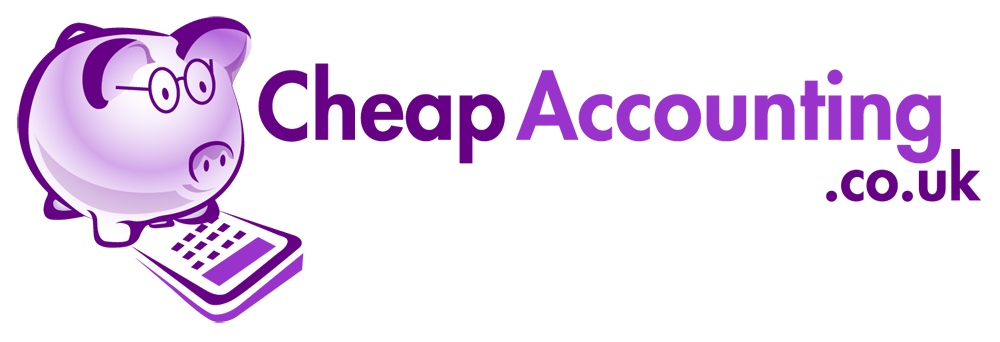With the increase of side hustles (work or a job that you do and get paid in addition to your main job) as well as the ease of being able to set up a business, these days many are turning to innovative ways to earn extra income to make ends meet. From freelancing in your spare time via sites such as Fiverr or People per Hour, upcycling, selling on eBay, Vinted or at a car boot through to running online training courses there are literally thousands of easy ways to bring your entrepreneurial spirit alive.
Many a new start up business evolves from a passion or a hobby, often without the intent to start such a venture in the first place. But just when does your passion or hobby become a bona fide business requiring registration with HMRC and entry to the realms of officialdom that such an enterprise can bring?
Of course you could be forgiven in thinking that HMRC would have a clear definition of what is a business. However things are never that easy and there are no precise rules for a newbie business owner to follow nor is there a minimum amount of money that you can generate from your hobby before it is deemed a business. In fact, subject to the trading allowance of £1,000, any profit made or additional income generated should be declared to HMRC.
Indicators of Trade
The main things to consider, HMRC refer to them as indicators of trade, when deciding if your hobby has become a business are:
- Do you intend to make a profit?
- Does the frequency and number of transactions (many and often) suggest that you are running a business?
- Did you buy, make or do up the goods to sell them on?
- Did you borrow any money to finance getting started?
If any of the above apply to you then it is likely that your hobby has turned into a business; so it really is time to get the accounts and tax on track and register with HMRC.
Ignoring the need to register the business is not advisable as HMRC can impose a “failure to notify penalty” which could result in fines of up to 100% of the tax due as well as still having to pay that tax! So as soon as you think your hobby is looking like a business make sure that you follow the formalities for registering with HMRC.
Of course you will need to decide if you should register your business as a sole trader or limited company remembering that for a sole trader the tax returns and accounts can be simpler but there is unlimited liability for debts if things go wrong. If you’re unsure then take professional advice from a reputable accountant and remember there is never a “one size fits all” answer to the best business structure.
Avoid letting the officialdom attached to running a business put you off as being your own boss really can be one of the most rewarding things that you will ever do.


